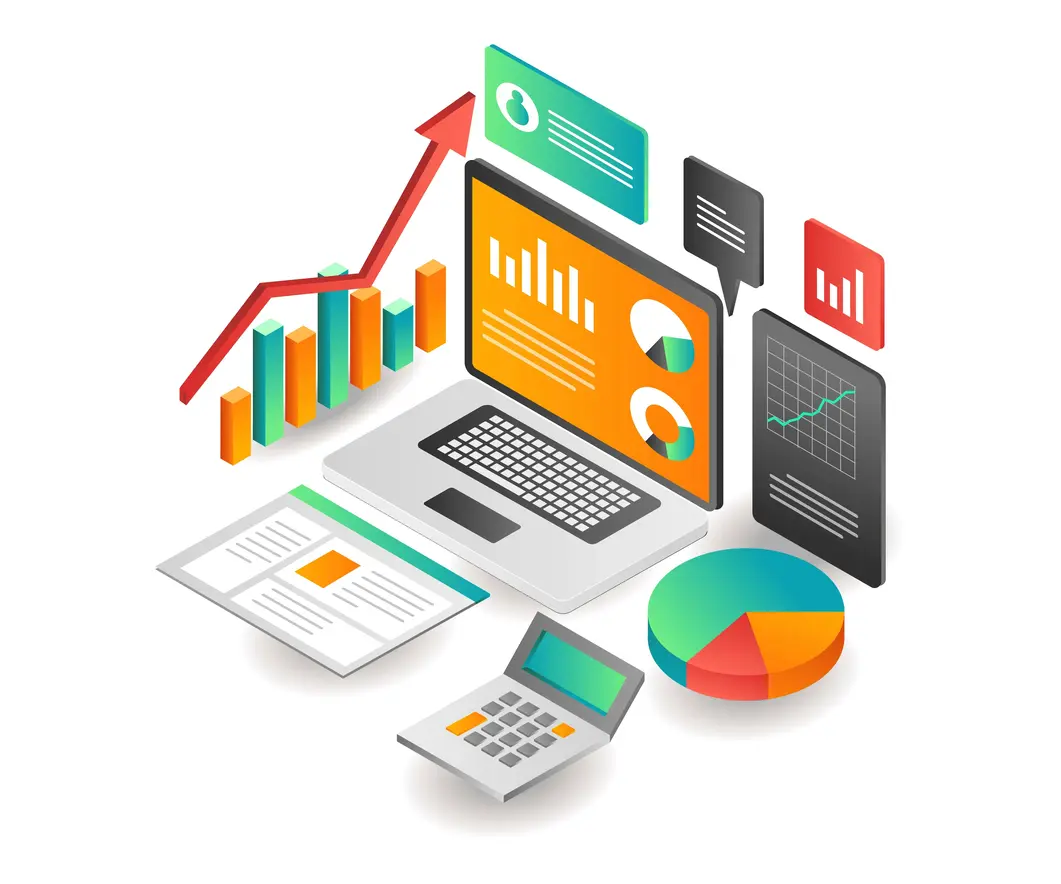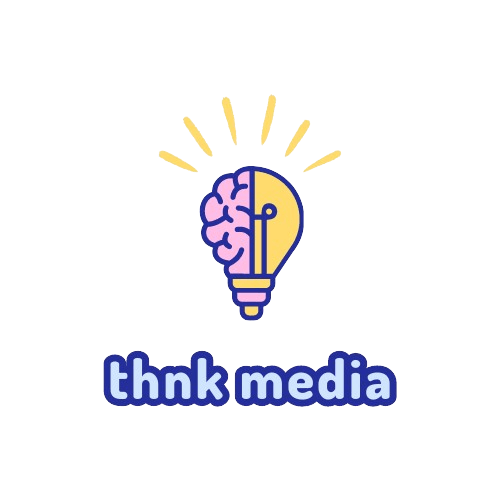In today’s connected world, digital marketing is vital for any business looking to succeed. This guide will cover the essentials, along with various elements, advantages, and how to use it effectively.
Digital marketing uses online channels such as search engines, social media, email, and websites to advertise products and services. It is a broad field encompassing numerous tactics and strategies designed to connect with potential customers and drive business growth.

Table of Contents
– Introduction
– What is Digital Marketing?
– Key Components of Digital Marketing
Search Engine Optimization (SEO)
Pay-Per-Click (PPC) Advertising
Content Marketing
Social Media Marketing
Email Marketing
Influencer Marketing
– The Importance of Digital Marketing
– Benefits of Digital Marketing
– How to Get Started with Digital Marketing
– Conclusion
Introduction
As more people spend time online, businesses need to adapt to maintain their competitive edge. Traditional marketing methods are no longer sufficient on their own. To thrive in the digital age, companies must embrace digital marketing strategies that allow them to engage with their audience online. This comprehensive guide will explore what digital marketing entails, why it matters, and how it can benefit your business.
What is Digital Marketing?
Digital marketing involves using digital channels such as search engines, social media, email, and websites to promote products and services. It leverages various online tactics to reach and engage with a target audience, driving brand awareness, lead generation, and sales. According to HubSpot, digital marketing includes all marketing efforts that use the internet, making it a crucial aspect of any modern business strategy.
Key Components of Digital Marketing
Search Engine Optimization (SEO)
SEO is the process of optimizing a website to rank higher in search engine results pages (SERPs). This involves using relevant keywords, creating high-quality content, and improving the site’s technical aspects to increase organic traffic. Effective SEO strategies help businesses become more visible to potential customers searching for related products or services.
Pay-Per-Click (PPC) Advertising
PPC advertising allows businesses to display ads on search engines and other platforms, paying a fee each time someone clicks on their ad. This model helps drive targeted traffic to a website, as ads are shown to users who are actively searching for specific keywords. Google Ads is one of the most popular PPC platforms, offering a range of tools to optimize ad performance.
Content Marketing
Content marketing focuses on creating and distributing valuable, relevant content to attract and engage a target audience. This can include blog posts, videos, infographics, and eBooks. The goal is to provide useful information that helps potential customers solve problems, ultimately leading to increased brand loyalty and conversions.
Email Marketing
Email marketing involves sending targeted messages to subscribers’ inboxes. It’s a powerful way to nurture leads, keep customers informed, and drive conversions. Effective email campaigns provide value to recipients, fostering loyalty and encouraging repeat business. A report by Campaign Monitor highlights email marketing’s high return on investment (ROI), making it an essential tool for businesses.
Influencer Marketing
Influencer marketing leverages individuals with large online followings to promote products or services. By partnering with influencers, businesses can tap into their established audience and gain credibility through their endorsement. This strategy is particularly effective on social media platforms like Instagram and YouTube.
Why Digital Marketing Matters
Digital marketing is crucial because it allows businesses to reach a broader audience than traditional methods. It provides tools to target specific demographics, measure campaign performance in real-time, and adjust strategies based on data. As the eMarketer report suggests, global digital ad spending is continuously growing, emphasizing the importance of digital marketing in contemporary business practices.
Benefits of Digital Marketing
1. Global Reach: Enables businesses to reach a global audience, breaking geographical barriers.
2. Cost-Effectiveness: Digital campaigns can be more affordable than traditional methods, offering better ROI.
3. Measurable Results: Allows businesses to track performance metrics in real-time, facilitating data-driven decisions.
4. Enhanced Engagement: Digital platforms enable direct interaction with customers, fostering stronger relationships and loyalty.
5. Personalization: Marketers can tailor messages to specific audience segments, increasing relevance and effectiveness.
Getting Started
1. Set Clear Goals: Define your objectives, such as increasing brand awareness, generating leads, or boosting sales.
2. Identify Your Audience: Understand your target audience, their preferences, and where they spend their time online.
3. Choose the Right Channels: Select marketing channels that align with your goals and audience preferences.
4. Create Quality Content: Develop valuable content that addresses your audience’s needs and encourages engagement.
5. Monitor and Optimize: Use analytics tools to track your campaigns and make data-driven adjustments to improve performance.


Social Media Marketing
Social media marketing involves promoting a brand and its content on platforms like Facebook, Twitter, LinkedIn, and Instagram. It helps increase brand awareness, foster community engagement, and drive website traffic. Successful social media marketing requires understanding the audience and creating content that resonates with them.